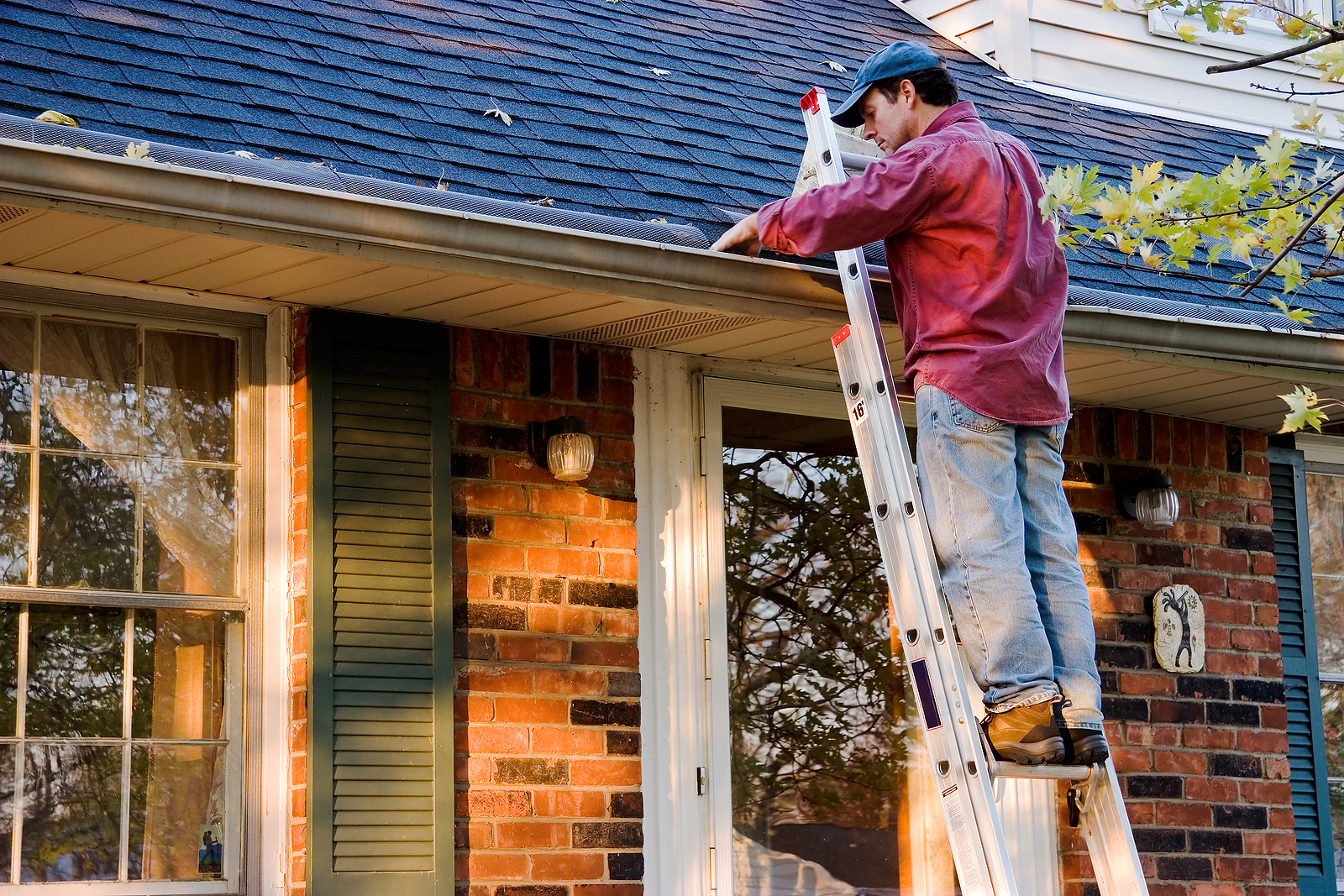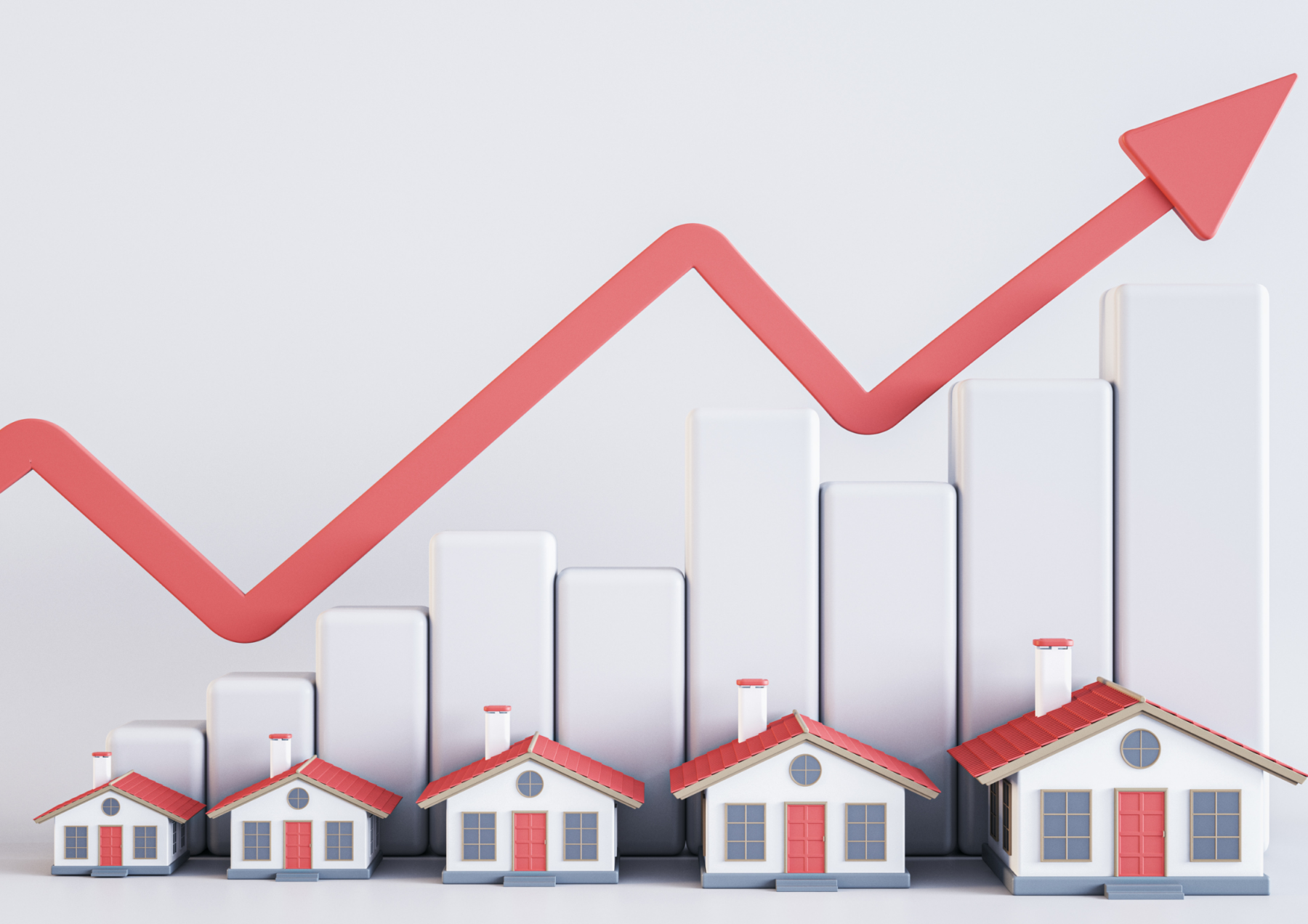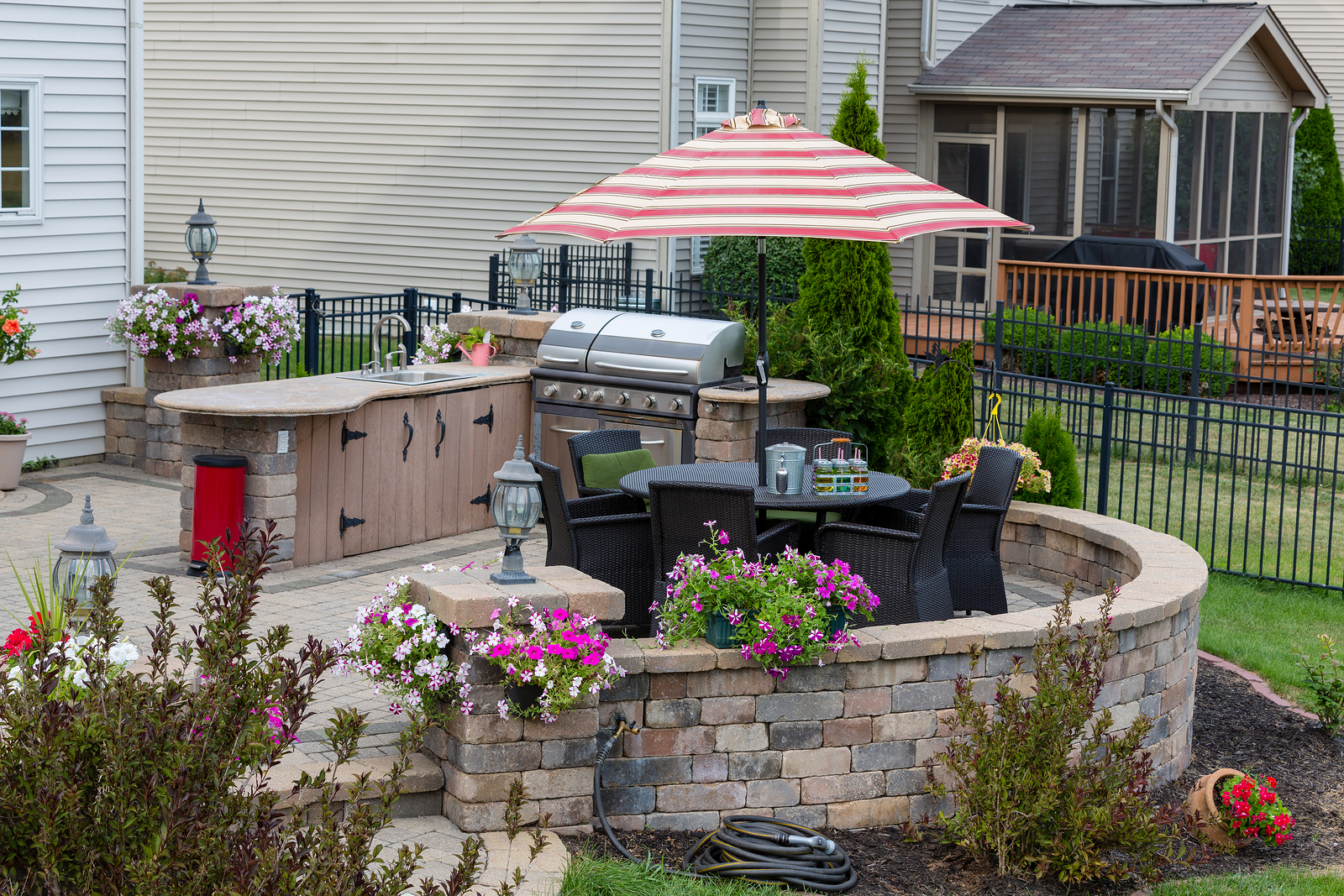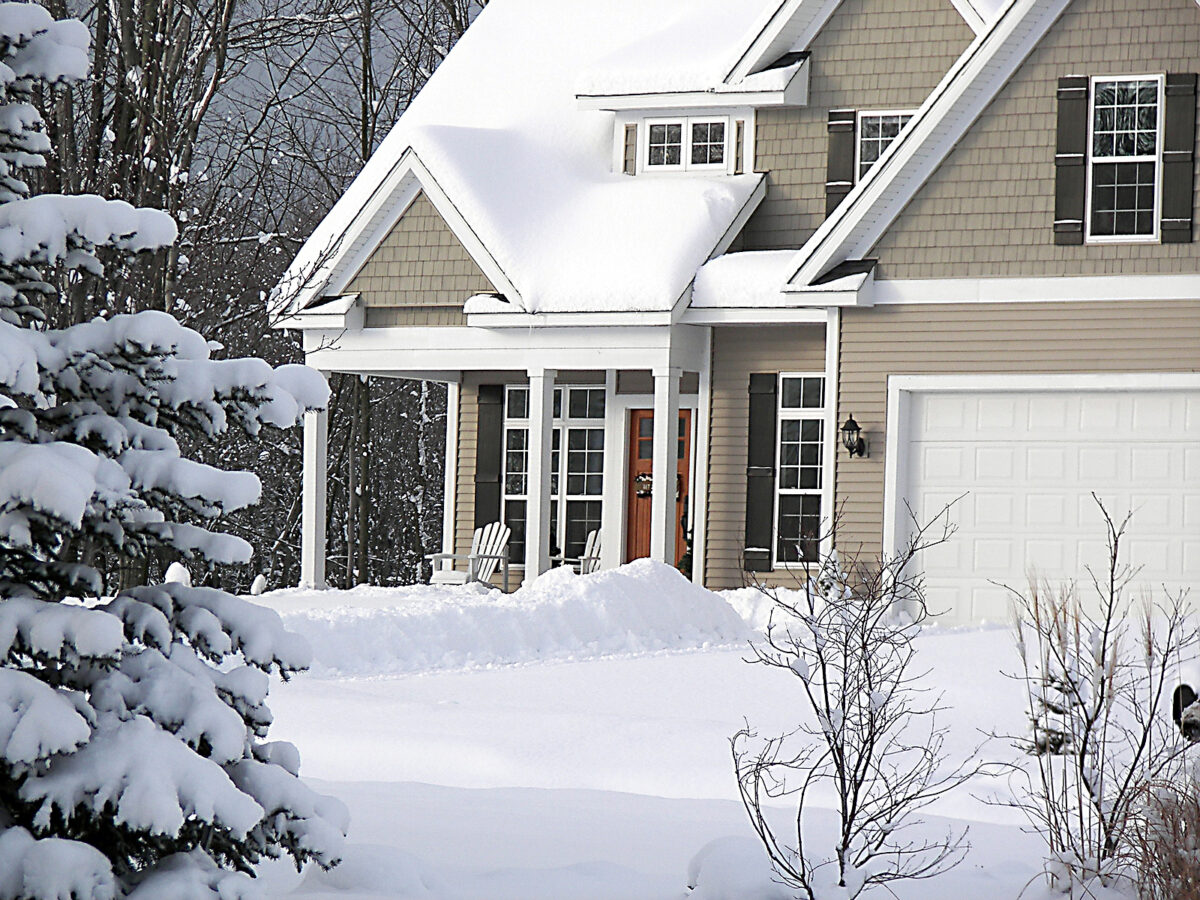Introduction
As winter approaches, preparing your home for the colder months is crucial—especially if you’re planning to sell. Winterizing your home not only enhances its appeal to potential buyers but also adds value by ensuring it’s energy-efficient and well-maintained. In this guide, we’ll cover the top winterizing upgrades and fixes to consider before listing your property, from energy-saving improvements to essential repairs that could make all the difference for buyers.
Why Winter Home Maintenance Matters for Sellers
Before diving into specific upgrades, it’s important to understand why winter home maintenance is critical. Homes that show they’ve been well-cared for are more attractive to buyers, particularly in winter when maintenance issues like drafts, poor heating, and roof leaks are magnified. Taking steps to winterize can help your home stand out, even in a slower season.

Seal and Insulate: Boosting Energy Efficiency
Proper insulation and sealing are two of the most effective ways to reduce energy costs and make your home more comfortable during winter. Start by checking doors, windows, and attics for any drafts and seal them accordingly. Adding weather stripping, insulating walls, and ensuring attic vents are closed can improve your home’s energy efficiency and cut down on heating bills, making it more appealing to potential buyers.
Furnace and HVAC Tune-Up: Show Off Reliable Heating
A fully functioning heating system is essential during winter, so consider hiring a professional to inspect and tune up your furnace or HVAC system. A well-maintained heating system is a strong selling point, as it reassures buyers that they won’t face costly repairs or replacements. If your HVAC is over 15 years old, you may even want to consider upgrading to a more energy-efficient model.
- Pro Tip: Keep recent maintenance records handy to show potential buyers your commitment to upkeep.
Roof and Gutter Inspection: Preventing Water Damage

Winter weather can be tough on roofs and gutters, so an inspection is a smart step before listing. Check for missing shingles, potential leaks, and clogged gutters. Repairing minor issues and ensuring gutters are clean prevents potential water damage, which can be a dealbreaker for buyers. By addressing these concerns upfront, you show buyers that your home has been well-maintained.
Fireplace and Chimney: Cozy Appeal and Safety
A fireplace can be a wonderful winter feature, but only if it’s safe and functional. Have your chimney professionally cleaned and inspected to eliminate any build-up that could pose a fire hazard. A clean, well-maintained fireplace creates a cozy ambiance that may make your home even more attractive to winter buyers.
Exterior Preparations: Curb Appeal Still Matters
Even in the colder months, curb appeal remains essential. Rake up any leaves, clear walkways, and, if you live in an area prone to snow, keep paths shoveled and salted. Consider adding winter-friendly plants or seasonal decor to create an inviting entrance. This attention to detail can significantly boost your home’s first impression, drawing in buyers regardless of the season.

Supporting Data and Trends
- Energy Efficiency Boosts Value: According to the National Association of Realtors, homes with energy-efficient features sell for an average of 2-3% more than those without.
- Buyer Interest in Maintenance-Free Homes: A recent survey showed that over 70% of buyers prioritize homes that are move-in ready and require minimal immediate repairs
Conclusion
Winterizing your home is more than just a seasonal to-do; it’s a chance to increase your home’s value and appeal to buyers who are serious about finding a move-in-ready space. By addressing these essential upgrades and repairs, you can showcase a well-maintained, energy-efficient property. Ready to list? Contact a real estate professional to learn how these winterizing steps could give your home the edge in today’s market.




























